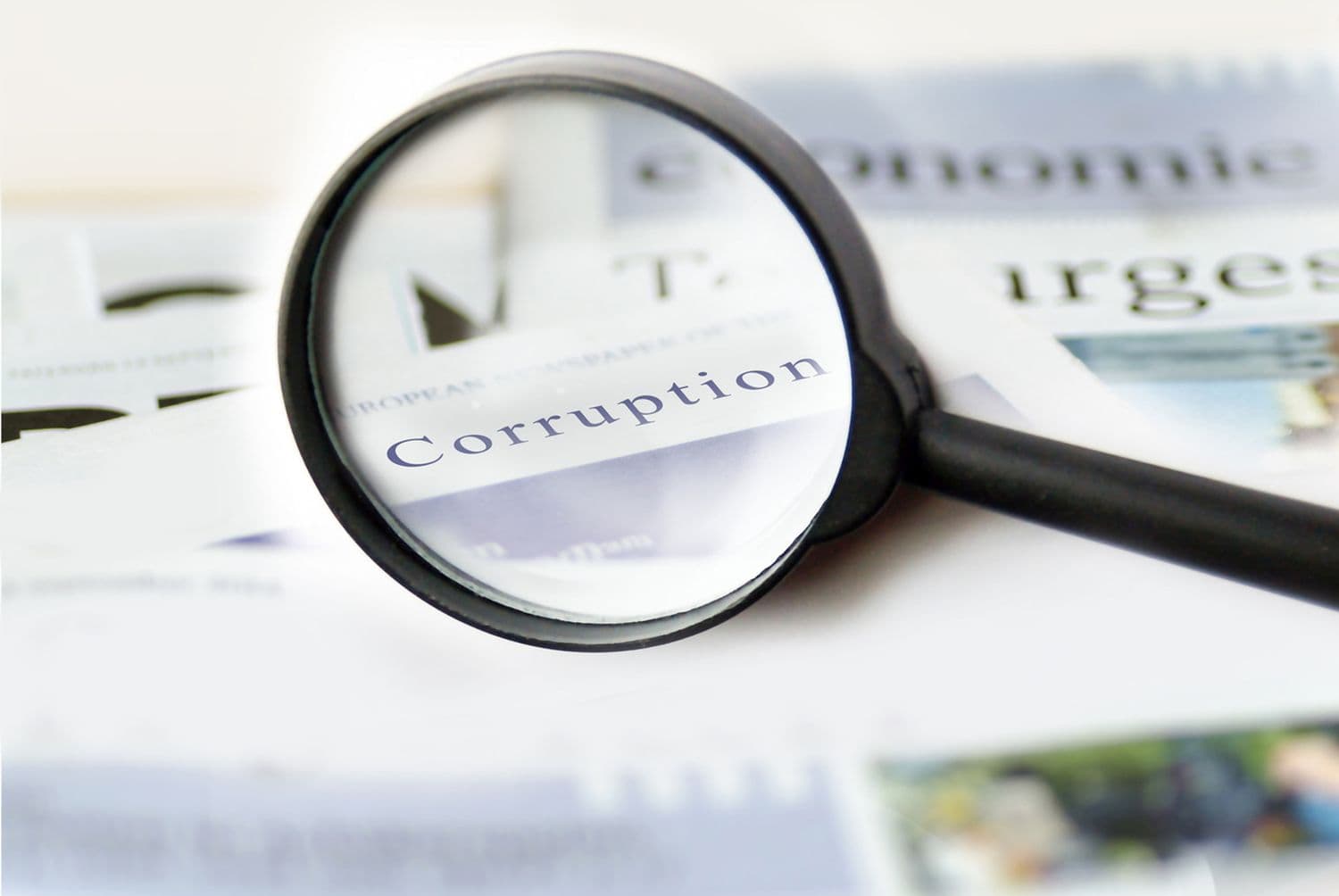The corruption that exploded under former president Jacob Zuma never ended.

The stench of corruption is rank and clings to whatever it touches. Nothing, as President Cyril Ramaphosa is discovering, can rid his party of the smell.
How apt that in the very week he hauled in nearly 5 000 aspirant ANC candidates in next year’s municipal elections and castigated them over the party’s reputation for corruption and incompetence, the trial of the three accused in the 2020 burglary on his Phala Phala ranch finally got underway in a Limpopo court.
The bizarre and initially covered-up theft of $580 000 (about R8 million at the time) cash hidden in a sofa, continues to cast a long shadow over Ramaphosa’s probity.
ALSO READ: Phala Phala housekeeper says she doesn’t know if accused entered main house
Corruption under Jacob Zuma never ended
As if on cue, two investigative journalists published a searing indictment of EFF leader Julius Malema, which also reminds us how the corruption that exploded under former president Jacob Zuma never ended. Ramaphosa’s administration remains elbows-deep in the reeking entrails of that era.
Malema: Money, Power, Patronage, by Micah Reddy and Pauli van Wyk, is a painstaking compilation of the corruption evidence against the EFF leader and how money courses through the political system.
Indeed, one should look at the mind-numbing inventory of facts, timelines, money trails and shady characters as being akin to the prosecutorial brief that would put flesh to the charge sheet against Accused Number 1.
But the real story is not Malema and his gang of EFF bandits. The real story, only glancingly touched upon in the book, is that the brigands of the charge sheet didn’t pull this off in a vacuum.
Outlaws enabled by political class
The outlaws were enabled by a political class – including opposition parties like ActionSA – addicted to expediency. They were carried by banks, estate agents, car dealerships and jewellers that prefer not to ask about the provenance of vast flows of money and cushioned by law enforcement bodies. That is the scandal behind the scandal.
The stubborn ubiquity of corruption in South African politics – with Zuma, Malema and Ramaphosa differing only by degree – flows from what I call populist justice: a system that punishes or absolves according to which faction needs shielding and where the public ragemeter sits that month.
Our most important anti-corruption organisations – the Hawks, the National Prosecuting Authority and even the South African Revenue Service – were not only crippled under Zuma but remain cautious and easily signalled under Ramaphosa.
ALSO READ: Subpoena route against Mkhwanazi ‘not desirable’, ad hoc committee decides
Julius Malema’s implication in tender irregularities
It’s more of that populist justice: stern when the optics suit, strangely gentle when a municipal coalition partner needs wooing or when the ANC’s “constitutionalists” fear they might inadvertently tie off the patronage artery in the ANC’s funding model.
The book points out that it is Ramaphosa who appointed Cassel Mathale – Malema’s crony implicated in massive tender irregularities – to his Cabinet in 2018, where he has served since 2019 as deputy police minister. Could this be the same president whose Madlanga Commission of Inquiry started hearing evidence last Wednesday, while his police minister cools his heels on “special leave” and senior brass are benched?
To identify the true villains, one must start at the top: a president both compromised and compromising; an ANC that treats corruption as a brand problem; opposition parties that bargain away principle in pacts with the devil; a justice system that too often looks to Luthuli House, rather than the statute book; and a private sector that keeps the tills ringing by keeping the questions soft.
The marvel isn’t that a corrupt Malema and EFF have survived and thrived. The marvel is that anyone still thinks they are doing it alone.
NOW READ: Who can South Africans trust with power?
Support Local Journalism
Add The Citizen as a Preferred Source on Google and follow us on Google News to see more of our trusted reporting in Google News and Top Stories.






